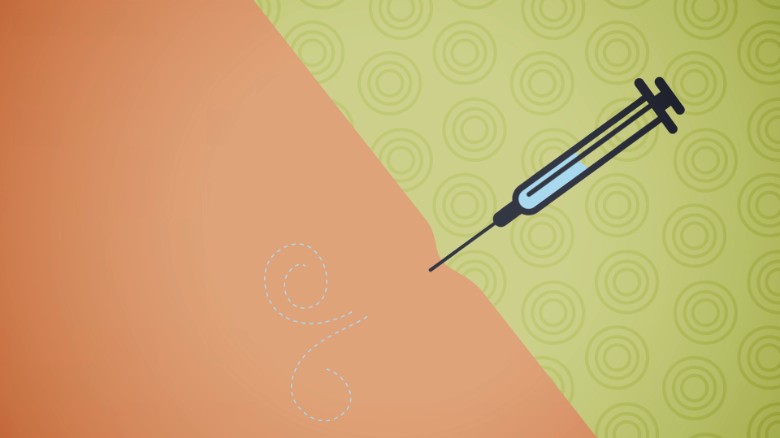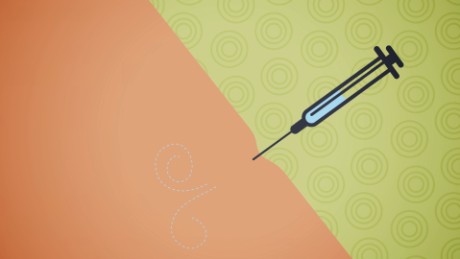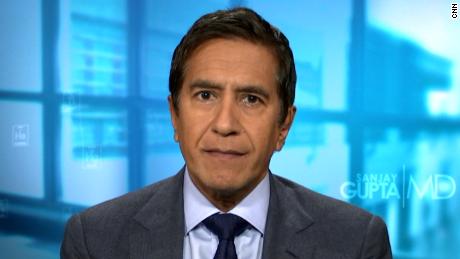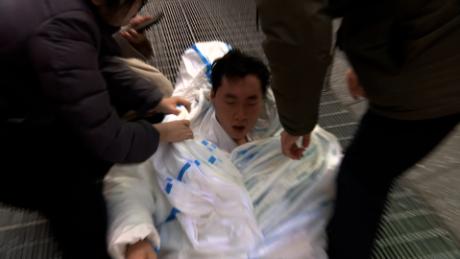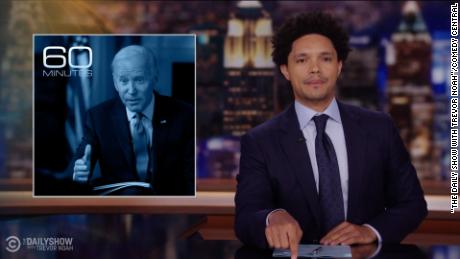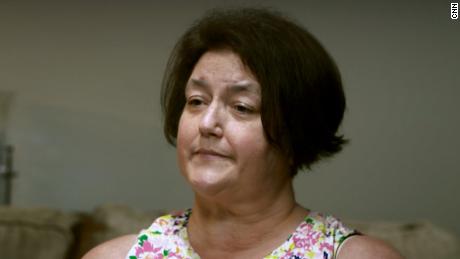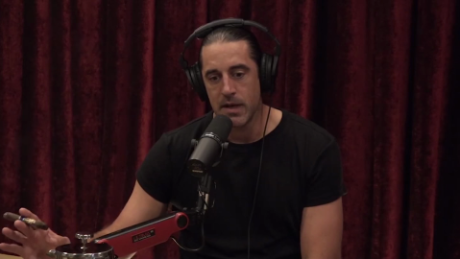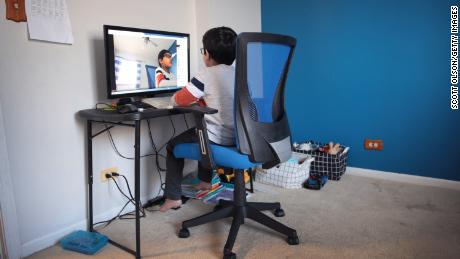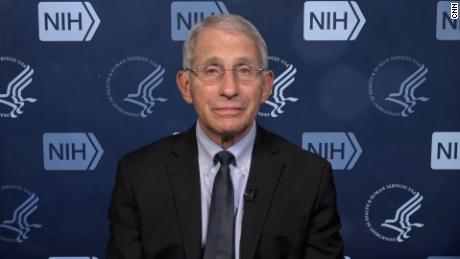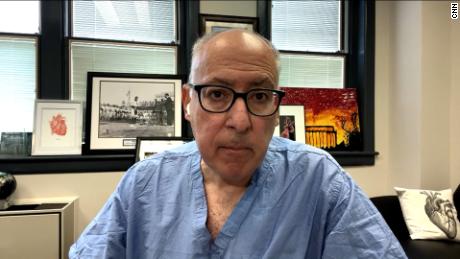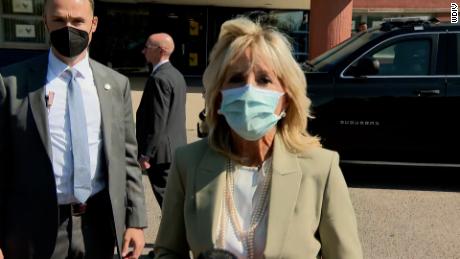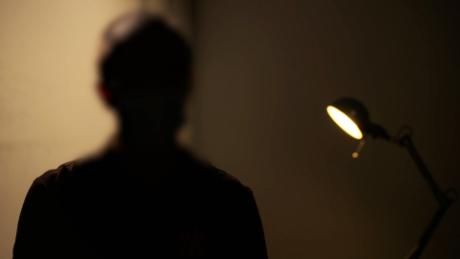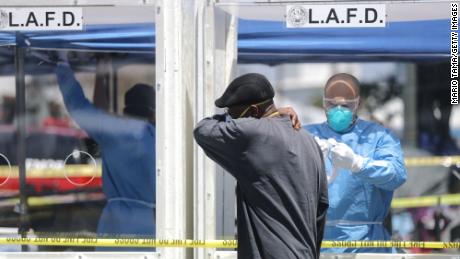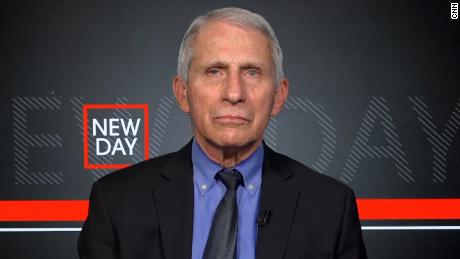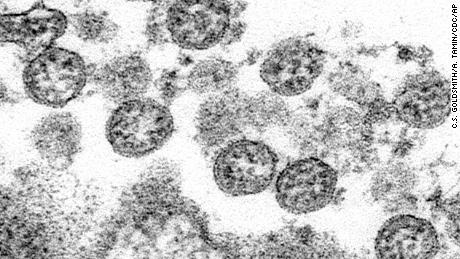(CNN)The director of the National Institutes of Health said Thursday he's concerned that vaccine "skepticism" could hinder the effort to immunize the country against Covid-19.
"I'm a bit concerned to see there's a fair amount of skepticism in the American public about whether or not they would take such a vaccine," Dr. Francis Collins told CNN in an interview. "We won't get past Covid-19 unless we have a substantial majority of our public ultimately rendered immune."
Some vaccine experts are concerned that President Trump's chosen moniker for the vaccine development campaign -- "Operation Warp Speed" -- isn't helping. They fear that name could leave the impression that speed is more important than safety.
"I want to assure everybody who's heard the [words] 'warp speed' and worried that that means we're cutting corners on safety, that we absolutely will not do this," Collins said. "No vaccine is going to be put forward unless it's been checked out very thoroughly, both in terms of is it safe and does it protect you."
A vaccine could come out on the market early next year, and Collins said he hopes "the American public will embrace this as an opportunity to protect themselves, and the rest of their community, in order to get us all back to some sort of normal state."
But in some US communities, anti-vaccine sentiment runs so high that last year, more than 1,200 people contracted measles, a disease that's preventable with a vaccine.
Explaining why speed doesn't always sacrifice safety
Collins said once a coronavirus vaccine comes on the market, there might have to be some effective communication.
"Maybe we've got some work to do to try to explain exactly once we have the data, why these vaccines are in fact proven to be safe and effective," he said.
The US Biomedical Advanced Research and Development Authority, a part of the Department of Health and Human Services, is currently funding research on five different experimental coronavirus vaccines.
Pharmaceutical companies Moderna and AstraZeneca are currently in clinical trials, testing the vaccines on humans. Johnson & Johnson, Sanofi, and Merck are developing a vaccine, but have not yet started clinical trials, according to the World Health Organization.
"Because we have a number of these, and they all use a different strategy, I am optimistic that at least one maybe two, maybe three will come through looking like what we need," Collins told CNN. "We want to hedge our bets by having a number of different approaches, so that it's very likely that at least one of them and maybe more will work."
He said that large-scale clinical trials of "several" vaccines will start in July. He said each vaccine would be tested in a Phase 3 trial involving 30,000 people, some of them receiving a vaccine and some receiving a placebo -- a shot that does nothing. The volunteers will then go about their lives, and the researchers will tally up who contracted Covid-19 and who did not.
When asked when a coronavirus vaccine would be approved and available to the public, Collins said we could "perhaps have, if all goes well, maybe as many as 100 million doses by early 2021."
That's somewhat less optimistic than what Dr. Anthony Fauci, director of the National Institutes of Allergy and Infectious Diseases said Wednesday.
"By the beginning of 2021, we hope to have a couple hundred million doses," Fauci said during a live question and answer session sponsored by the Journal of the American Medical Association.
A coronavirus vaccine could require two doses, Collins said.
"Obviously that's not our favorite. It would be much better if this could all be done with a single injection," Collins said.
Generally, with any vaccine, one dose is preferred for cost reasons, and also because people might not show up for the second shot.
Get CNN Health's weekly newsletter
Sign up here to get The Results Are In with Dr. Sanjay Gupta every Tuesday from the CNN Health team.
Collins said the Phase 3 trials will reveal whether one or two injections will be necessary.
"There is certainly a chance that one or more of these vaccines might turn out to require two shots in order to get full immune response. That's one of the reasons to do the experiments and the research trials to find that out," he said. "If what it takes to provide full protection for any of these is two doses, we want to know that."
Whatever the number of shots, Collins gave his personal promise that it wouldn't be rushed through.
"As a scientist, a physician, and the director of the National Institutes of Health, we will make these decisions solely on the basis of the evidence for individual vaccines. This will not be influenced by other factors that might put people at risk," he said.
